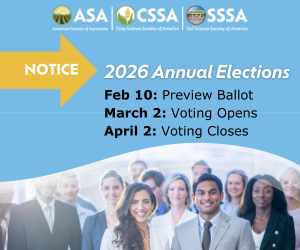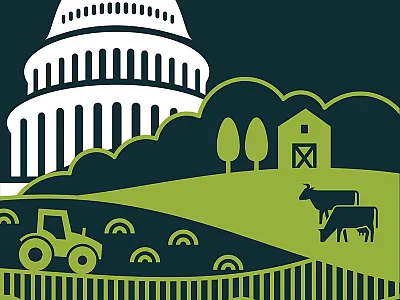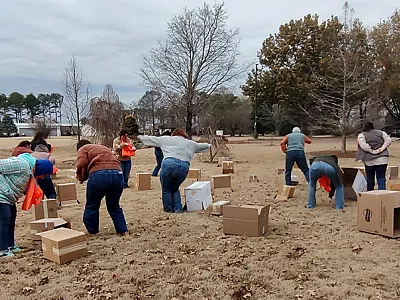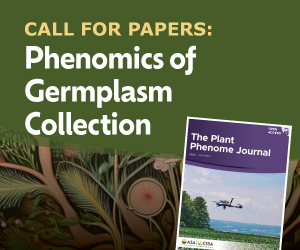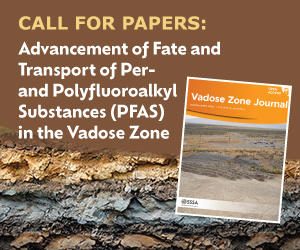How to Prepare for a Professional Conference
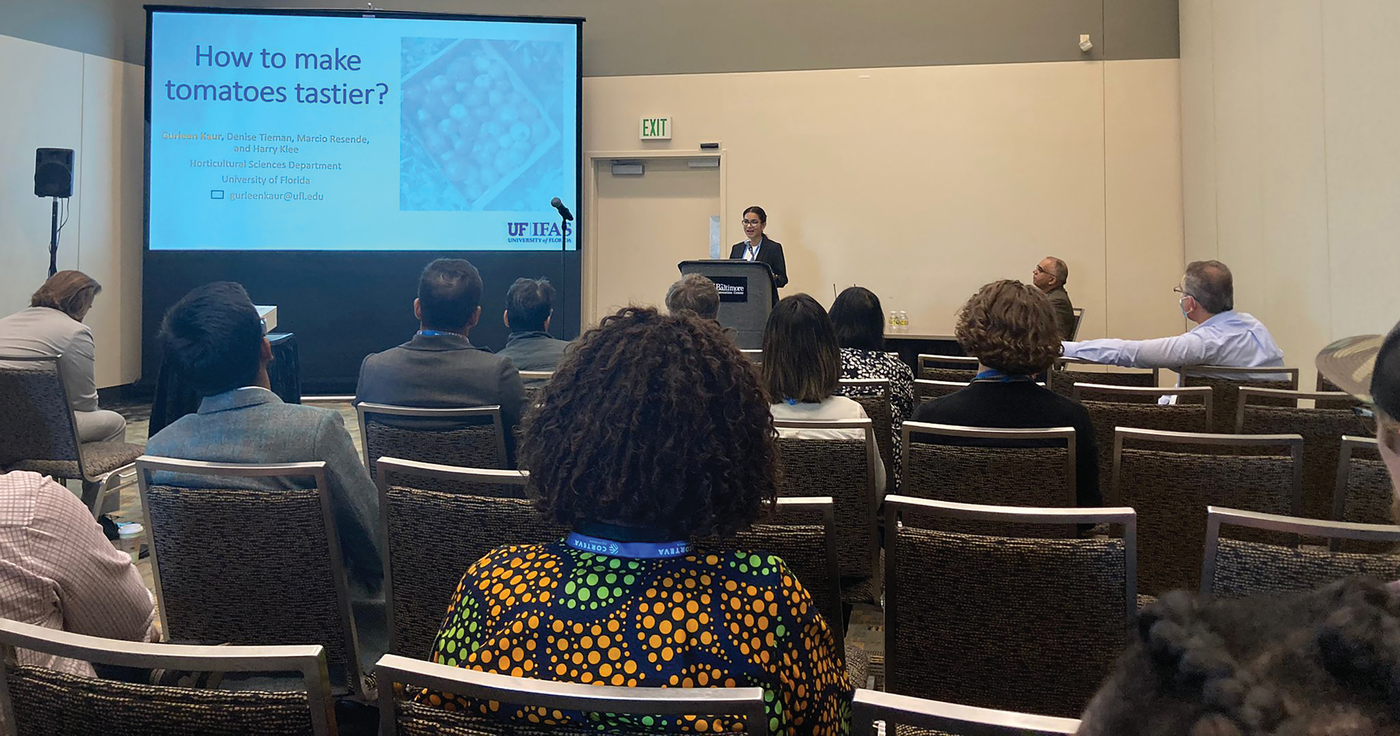
Professional conferences are essential to an individual's academic and professional development. The conferences allow students to showcase their research findings, exchange knowledge with experts in the field, and build a strong network of peers and mentors. Attending conferences allows students to stay up to date with the latest advancements and trends in their respective fields, gaining insights into cutting‐edge research and innovative practices. By presenting their research, students can receive valuable feedback and suggestions from experienced professionals, helping them refine their work and improve their critical thinking and presentation skills. Besides knowledge sharing and academic growth, professional conferences also serve as networking hubs for students. Conferences bring together researchers, industry professionals, and potential employers from various institutions and provide opportunities for networking and mentorship. Students can open doors to future collaborations, job opportunities, and valuable guidance by effectively engaging in conversations with established professionals in the field.
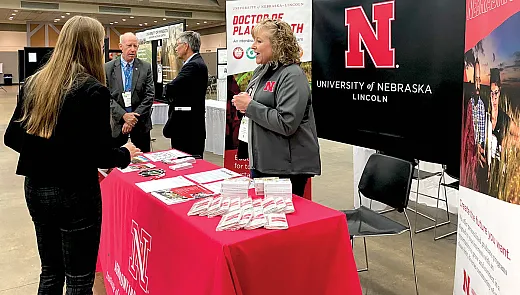
Identifying an Opportunity
The first step is identifying which professional conference would be the most suitable. Several factors contribute to selecting conference(s) to attend, including the area of expertise, goals, career level, cost, and feedback from past attendees. Having clear goals before attending a conference is crucial—learning something new, networking, and finding job opportunities are among the most common ones. Check out the conference website and the details from past years to ensure they align with your interests. Networking is one of the significant benefits of attending a conference (Kaur et al., 2023b). Make sure you research the individuals or organizations you would like to connect with if relevant. The cost of attending a conference is one of the significant factors in deciding whether to attend. Several expenses—including membership, registration, abstract, travel, accommodation, meals, and more—add to the total cost of attending a conference. Making a tentative budget and comparing it to potential benefits is beneficial before attending a conference. After all the research, talk to your supervisor and choose suitable conferences to attend in different years.
Preparing for a Productive Conference
Developing a Personal Brand
Before attending a professional conference, be ready to tell your story. There are several ways to communicate about yourself, such as personal websites, social media like Twitter and LinkedIn, blogs, and more (Kaur et al., 2023b). Having an online presence could make it easier for any new connection to know about you and connect better. Prepare and practice an elevator pitch as you get ready to network since you might have a few minutes only to grab someone's attention.
Submit Application for Financial Assistance
Several awards are available to help offset the cost associated with attending a conference (Kaur et al., 2023a). Some of these travel awards are specific to a conference and may usually be offered by the conference organizing committee or the society itself. An example is the Graduate Student Travel Award (agronomy.org/awards/view/218/)—sponsored by the ASA, CSSA, and SSSA (ACS) Graduate Student Committee—to attend ACS International Annual Meeting. Other awards may be available through your university's department or other units like the research division, student governing body, and scientific publishing house. Plan in advance and give your best efforts in preparing applications for financial assistance.
HIGHLIGHTS/QUICK TIPS
- Research the conference and set clear goals.
- Be prepared with presentation(s) and personal brand (elevator pitch).
- Prepare a calendar for the important talks, sessions, and meetings.
- Engage in respectful and productive interactions.
- Make connections and keep the communication thriving post‐conference.
- Make sure to have some fun and nurture your curiosity.
Poster and Oral Presentations
Submit abstracts for poster or/and oral presentations. Make sure to note the deadlines for the first and final abstract submissions. Research all the categories thoroughly to decide whether to submit an abstract for the student competition or the general category. Check out the poster/presentation slide size details, which can vary for every conference. Submit electronic copies to the conference staff in time for a smooth experience. Proofread for any grammar and technical mistakes. Practice leaving an impression for good.
Workshops and Talks to Participate
Conferences are usually packed with multiple events and sessions running in parallel. If planned well, attending a conference can be manageable. Explore the program schedule (usually available online) well before the conference, carefully select the sessions of interest, and populate your calendar with a list of sessions you want to attend. If you can, familiarize yourself with the layout of the conference venue ahead of time (maps are sometimes available before the conference), and consider the time needed to change rooms in between presentations when planning your schedule. Besides presentations, check if the conference offers any workshops, which can provide valuable opportunities to enhance technical skills and learn new methodologies applicable to research and fieldwork. Note that such workshops usually require registration at the time of registration for the conference.
Schedule Meetings With Professionals
Research individuals or organizations you want to connect with based on your goals and interests. Most professional conferences have a dedicated mobile application to download with a list of attendees. You can request a meeting beforehand to get a slot with anyone you want to network with. It is a great way to plan and schedule your time at a professional conference to maximize networking opportunities.
Career Portal
If you want a job opportunity, research and visit career sessions or booths at a professional conference. Relevant graduate programs may also attend the event for prospective graduate students. It provides an excellent opportunity to network with the schools and programs of your choice if you are interested in graduate school. Make sure to follow up with a potential employer after the conference.
If you are attending the 2023 ASA, CSSA, and SSSA Annual Meeting in St. Louis, don't forget to check out the workshop, tour, and special sessions organized by our ACS Graduate Student Committee and come meet us at our in-person meeting. Look for theGraduate Student Committee Meeting on the agenda!
CONNECT WITH US
If you would like to give us feedback on our work or want to volunteer to join the committee to help plan any of the mentioned activities, please reach out to Maria Teresa (mariateresa.tancredi@uga.edu), the 2023 Chair of the committee! If you would like to stay up to date with our committee, learn more about our work, contribute to one of our CSA News magazine articles or suggest activities you would like us to promote, watch your emails, connect with us on Twitter (@ACSGradStudents) and Facebook (ACS.gradstudents), or visit agronomy.org/membership/committees/view/ACS238/members, crops.org/membership/committees/view/ACS238/members, or soils.org/membership/committees/view/ACS238/members.
Don't Forget to Have Fun!
Conferences are a great opportunity to discover what other people within and outside of your field are learning, provide a break from the routine of graduate school, and get energized about the work you're doing. Make sure to attend some of the fun social events, get to know other graduate students, and save some time to explore the city where the conference is taking place. These little breaks will help you make the whole experience more enjoyable and might even provide the chance for meaningful connections or ideas you would not have otherwise!
Evaluation and Follow‐Ups
After attending a professional conference, evaluating if you have met the proposed outcomes is essential before deciding to attend the conference again. You can determine your productivity and success based on connections you made, information that you learned, and any other benefits you received. You should also follow up with the connections you made to nurture the communications. Evaluating the success of a professional conference could help you determine if the conference is worth your time and investment. Attending a professional conference that aligns with your interests, goals, and network opportunities can help you grow professionally.
References
Kaur, G., & Begitschke, E. (2023a). How to prepare applications for awards/scholarships as a student. CSA News, 68(4), 33–36. https://doi.org/10.1002/csan.20998
Kaur, G., Griffith, K., Bradley, E. A., & Krupek, F. S. (2023b). Why should you think of career networking during graduate school? CSA News, 68(3), 40–43. https://doi.org/10.1002/csan.20976
Text © . The authors. CC BY-NC-ND 4.0. Except where otherwise noted, images are subject to copyright. Any reuse without express permission from the copyright owner is prohibited.



